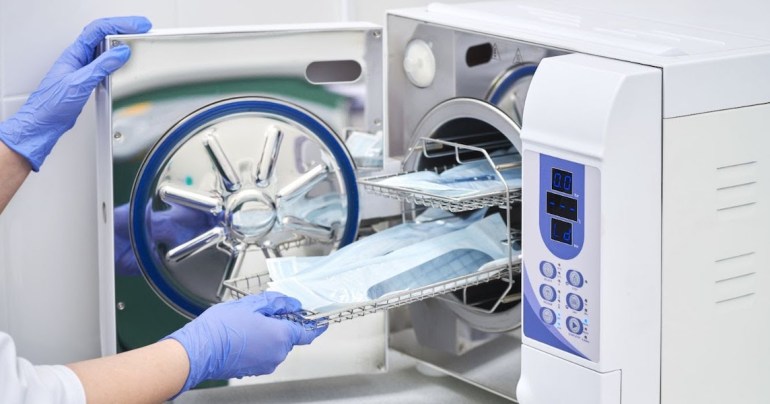Ambulatory Surgery Centers and similar medical service sites may possibly open themselves up to a range of compliance issues when they rely on traditional pen-and-paper documentation in their facility. Today’s high volume modern health center demands an innovative record keeping solution.
Switching to a digital regulatory compliance suite, that accurately tracks tasks in digital logs, can help eliminate human error, and ensure compliance with critical logs.
Here are four of the most common compliance issues healthcare facilities face, and how switching to a digital regulatory compliance suite can help eliminate these issues.
1. Incomplete Credentials Files
A top compliance issue healthcare facilities regularly face is incomplete credentials files due to missing or expired documents or improper recording.
Credentialing is a time-consuming process. Without proper workflow, it can be easily plagued by human error. Collecting all required documents and verifying them takes a lot of back and forth communication, which may result in the delay of the start date of a physician. Often, incomplete credential files and expired documents show up as the main issue at surveys.
To reduce the risk of errors and keep an overview of your compliance status, you may digitize your credentialing processes. The benefits that come with digital compliance suite such as Surglogs include:
- ease of use
- reminders and notifications for required compliance checks
- employe tracking
- compliance reporting in real-time
2. Tracking Outdated Medications
Keeping expired medications on hand or, even worse, running out of critical medications can be a serious issue for surgery centers.
Many facilities know when expiration dates for medications stored on location are approaching, but current record-keeping methods mean that there are often still oversights and expired medications are still on hand.
To address this, Surglogs’ flagship module Surgical Logs sends alerts when medications are about to expire or run out. When the expiration dates and quantities of medications are recorded within the Surglogs’ software, administrators are alerted when medications are below par levels or due to expire with three-week advance notice.
Additionally, Surgical Logs can provide the exact location of a specific medication. This can make it easier for staff to pull out expired medications and supplies in a timely manner. You can always access inventory levels on any device.
3. Incomplete Personnel Files
Issues with personnel files can also cause compliance headaches for medical providers like ambulatory surgery centers. These issues can include but aren’t limited to, incomplete job descriptions and improper channels of command.
Surglogs’ can assist with the maintenance and reporting of personnel files by standardizing the process and providing a second line of recording to function as a backup or replacement for traditional files.
4. Missing Information on Procedure Logs
Finally, many healthcare centers run into issues with missing elements in the procedure logs and threaten their compliance status. With a module like Procedure Logbook, it is easy to identify missing elements.
The ability to search through individual parameters makes this a powerful tool for implant logs, tissue tracking, complications, and vendor recalls. Administrators can use a variety of parameters, optional or required, to describe the procedures and can even upload files or take pictures and store them within the log.
Maintaining regulatory compliance documentation can be a stressful process for medical staff that is trying to avoid mistakes like the four common compliance issues listed above.
Surglogs has created a suite of five customizable modules that can help prevent these four issues and many others. Surglogs’ goal is to improve efficiency, decrease the cost of regulatory compliance paperwork, increase accuracy, and, ultimately, to improve the lives of medical staff.


